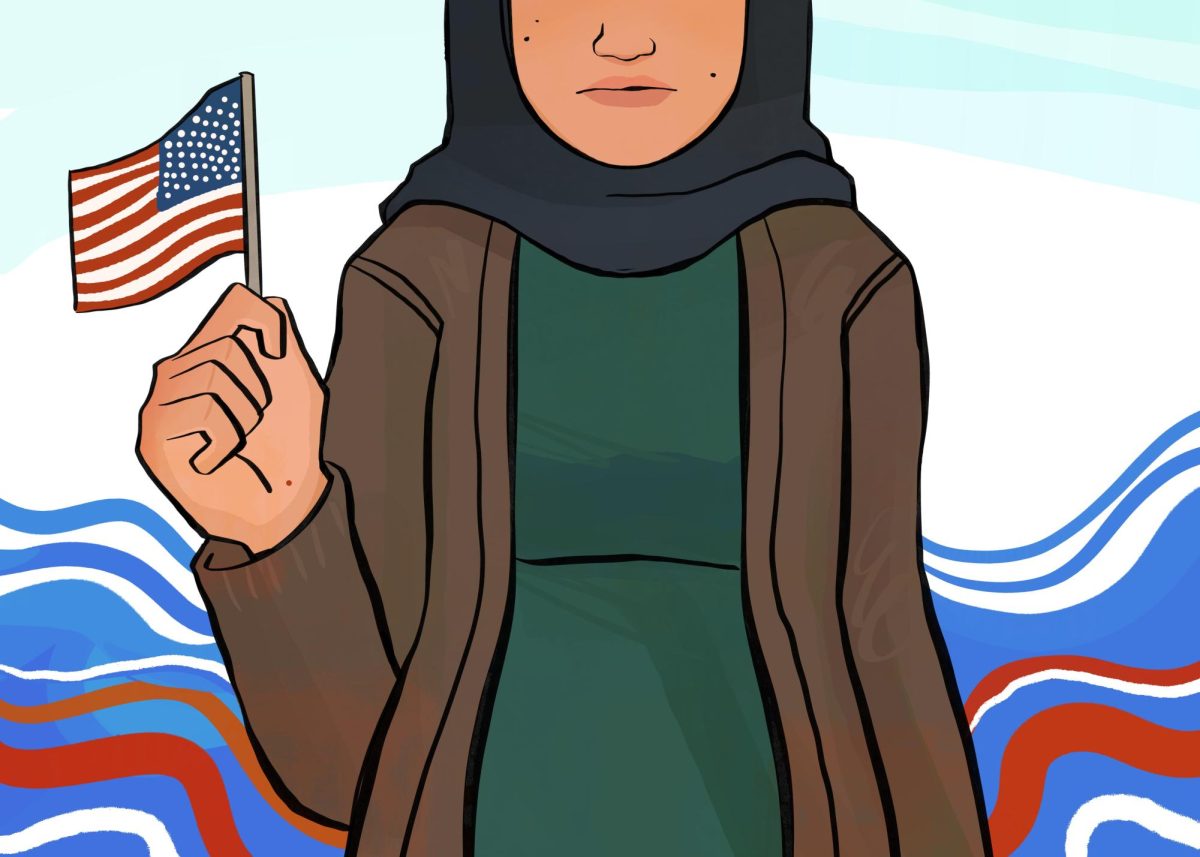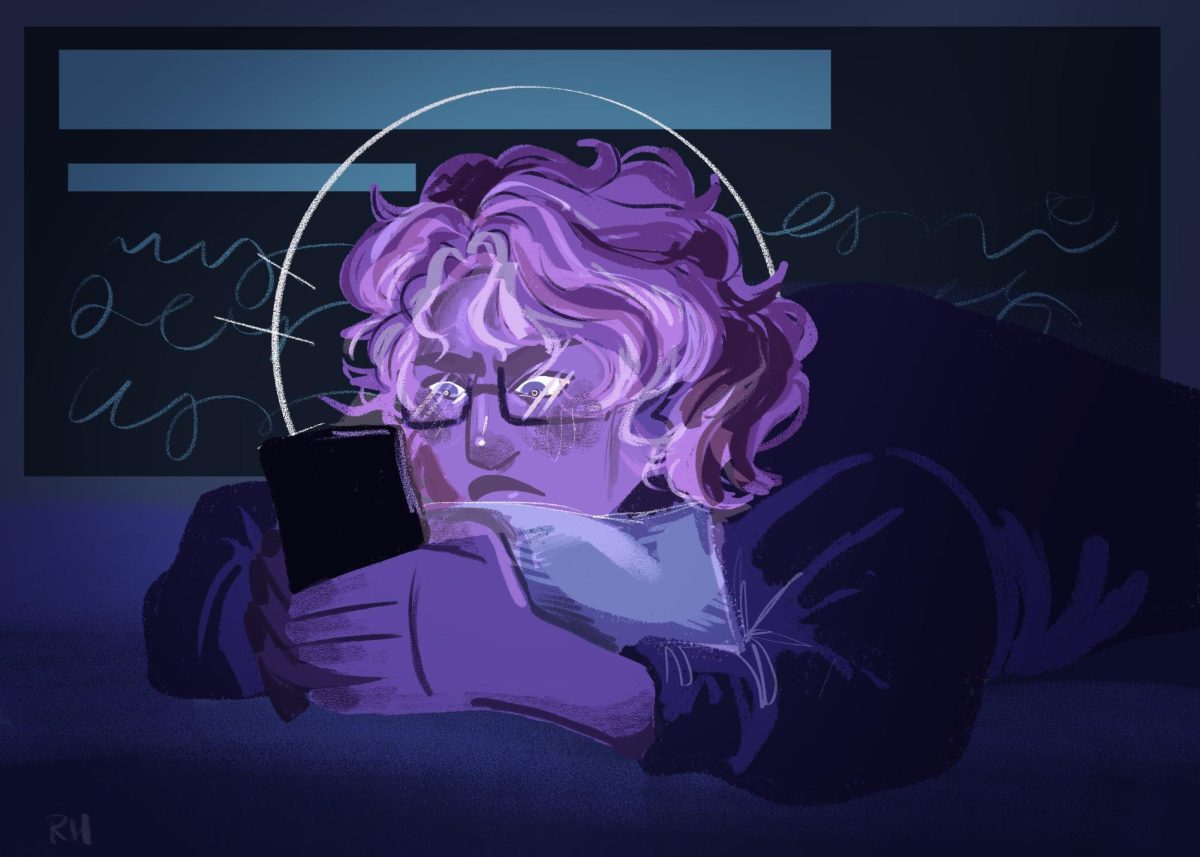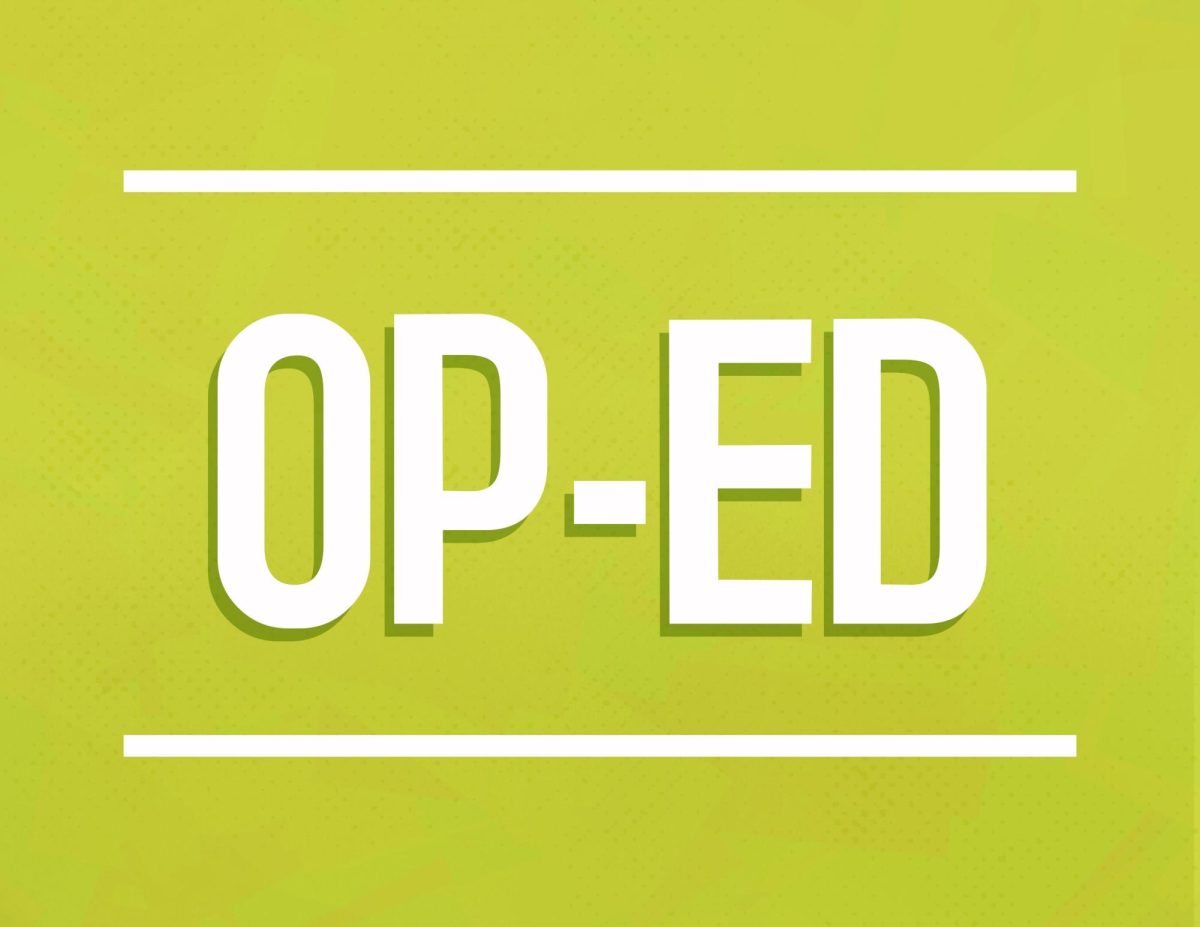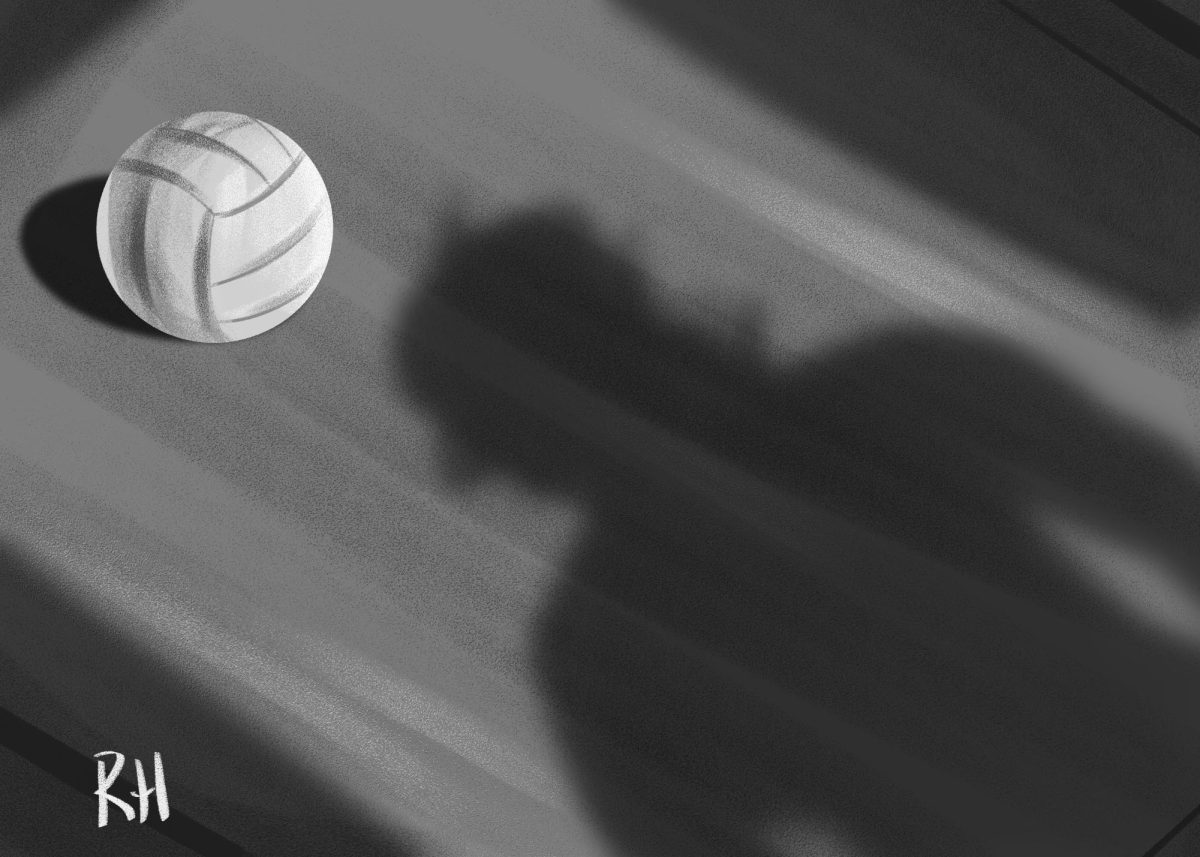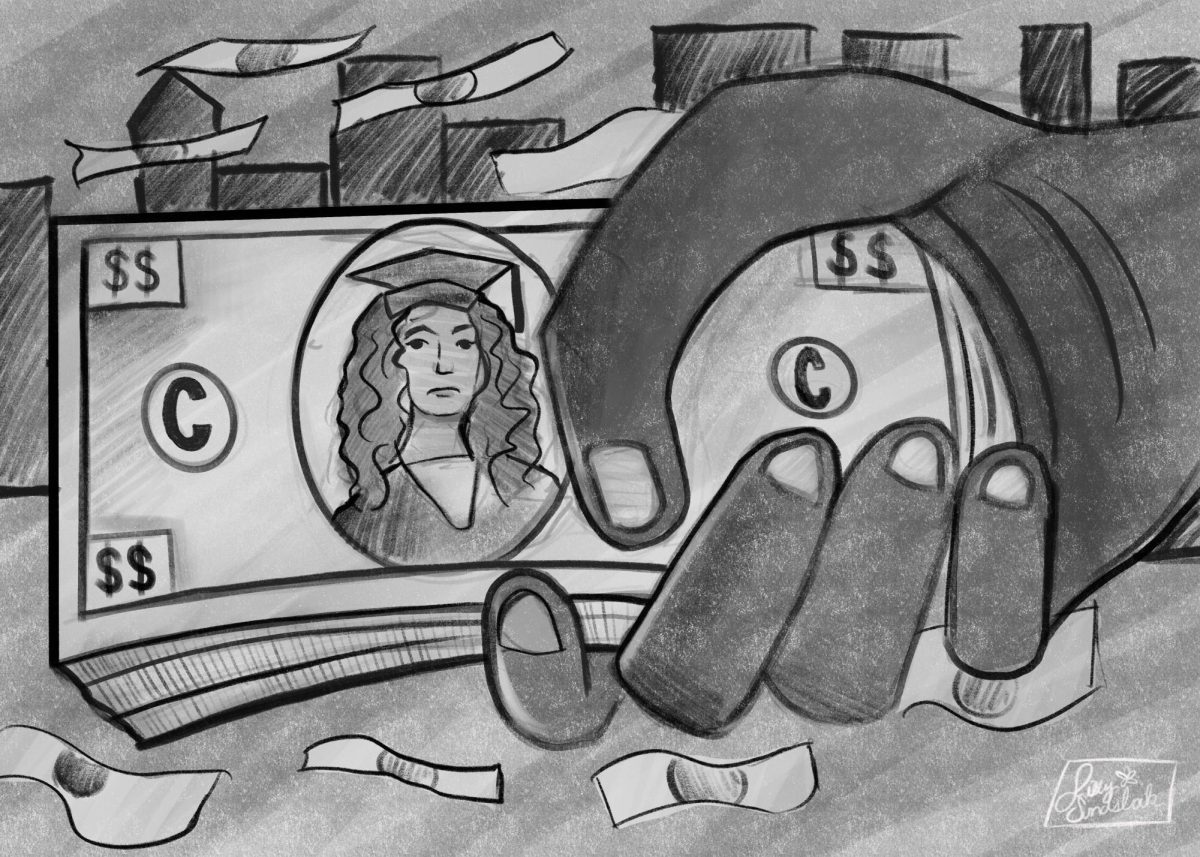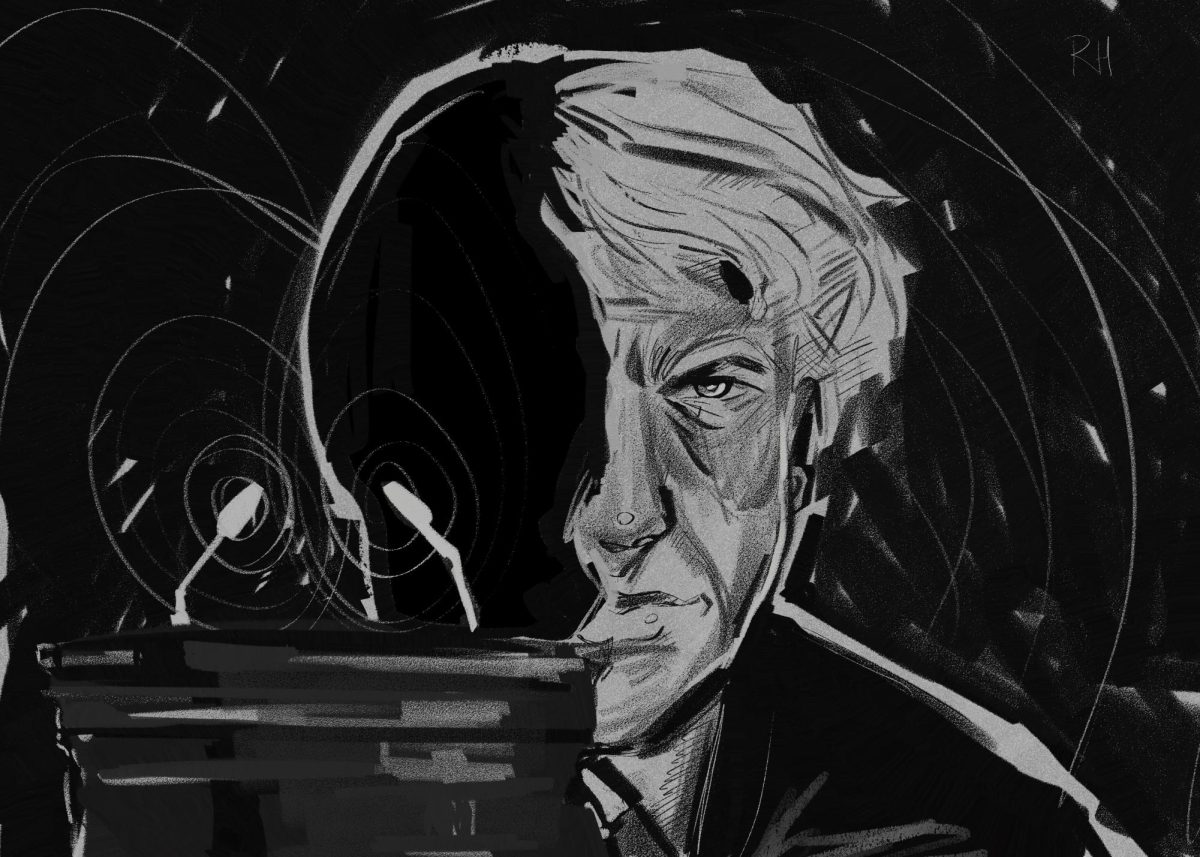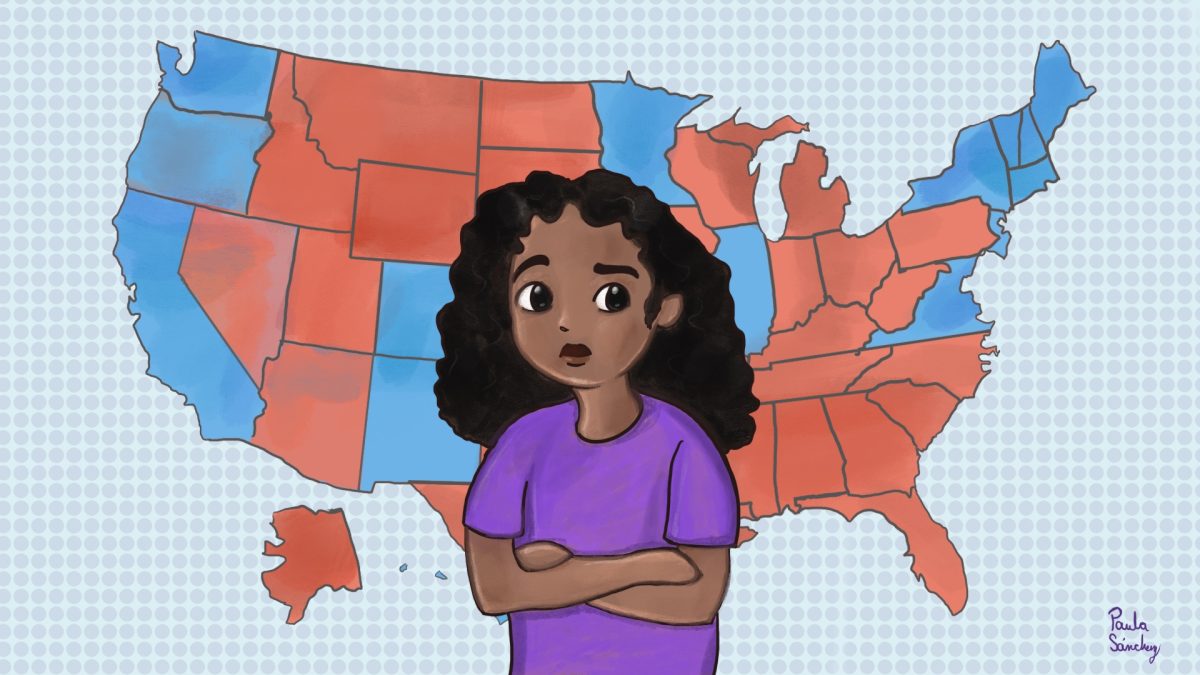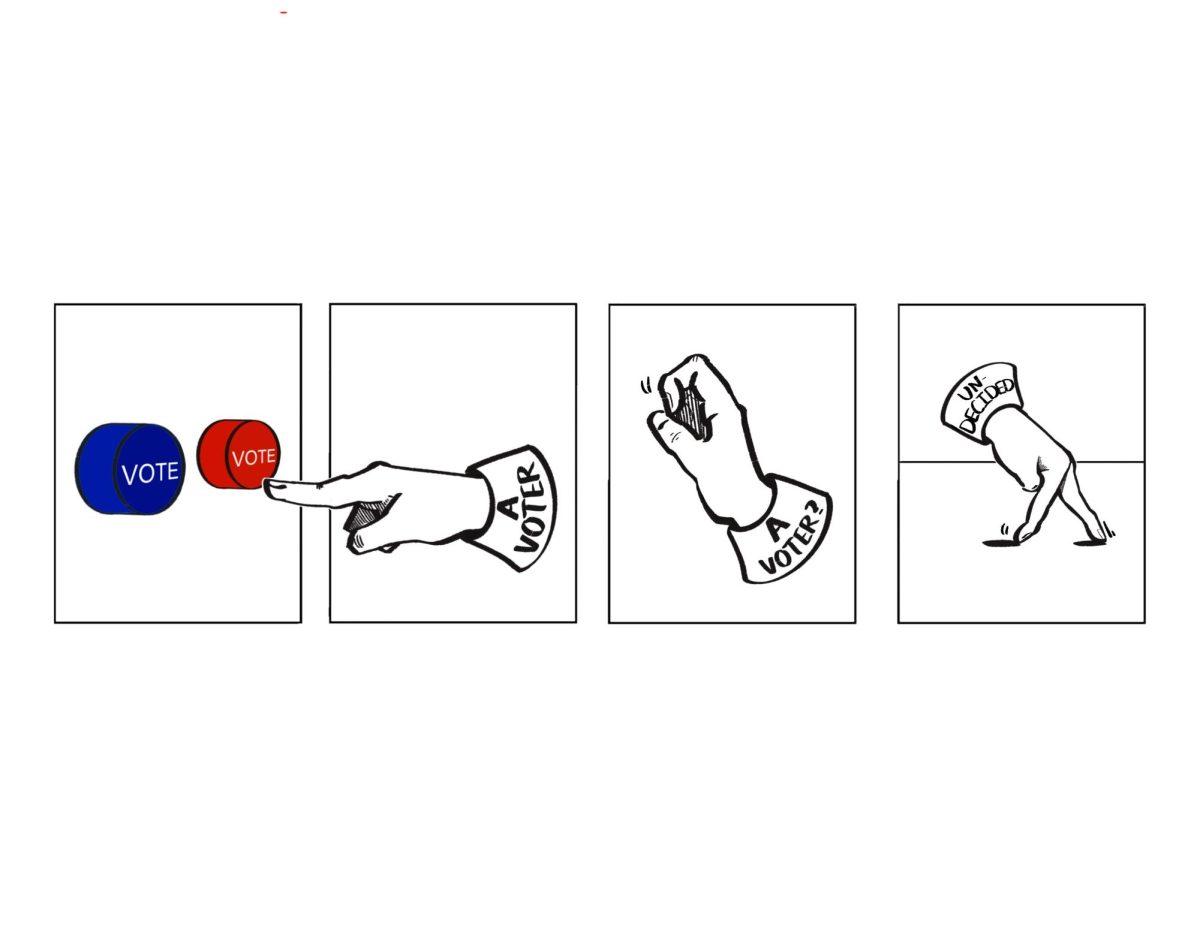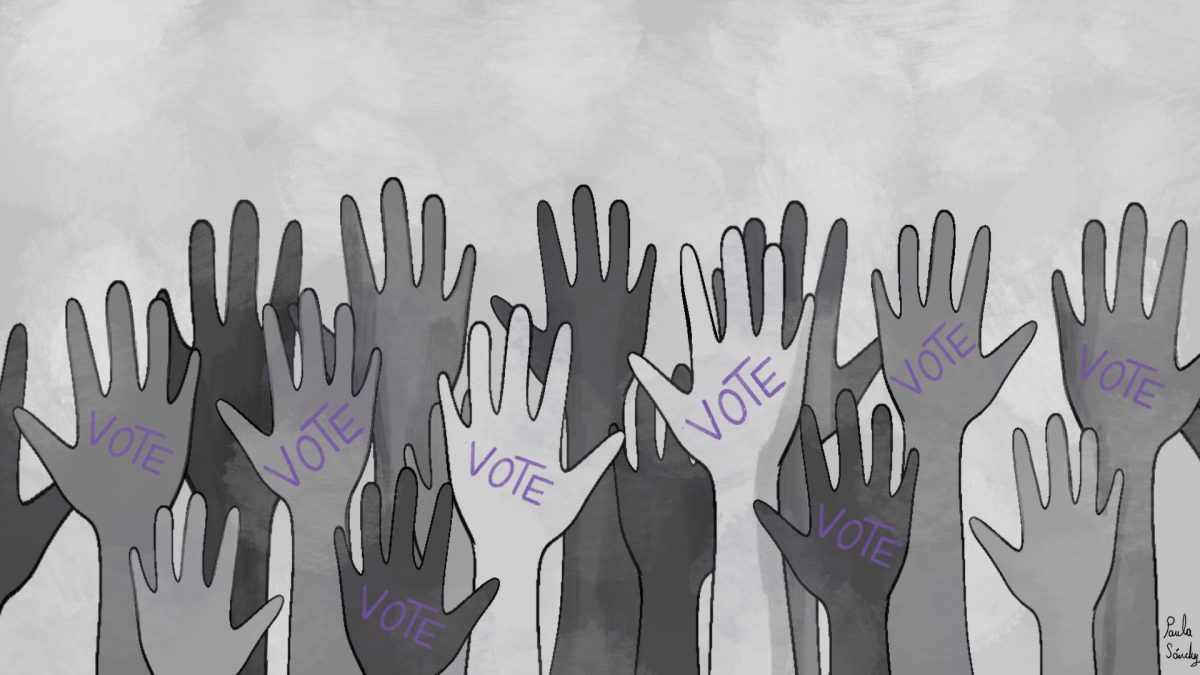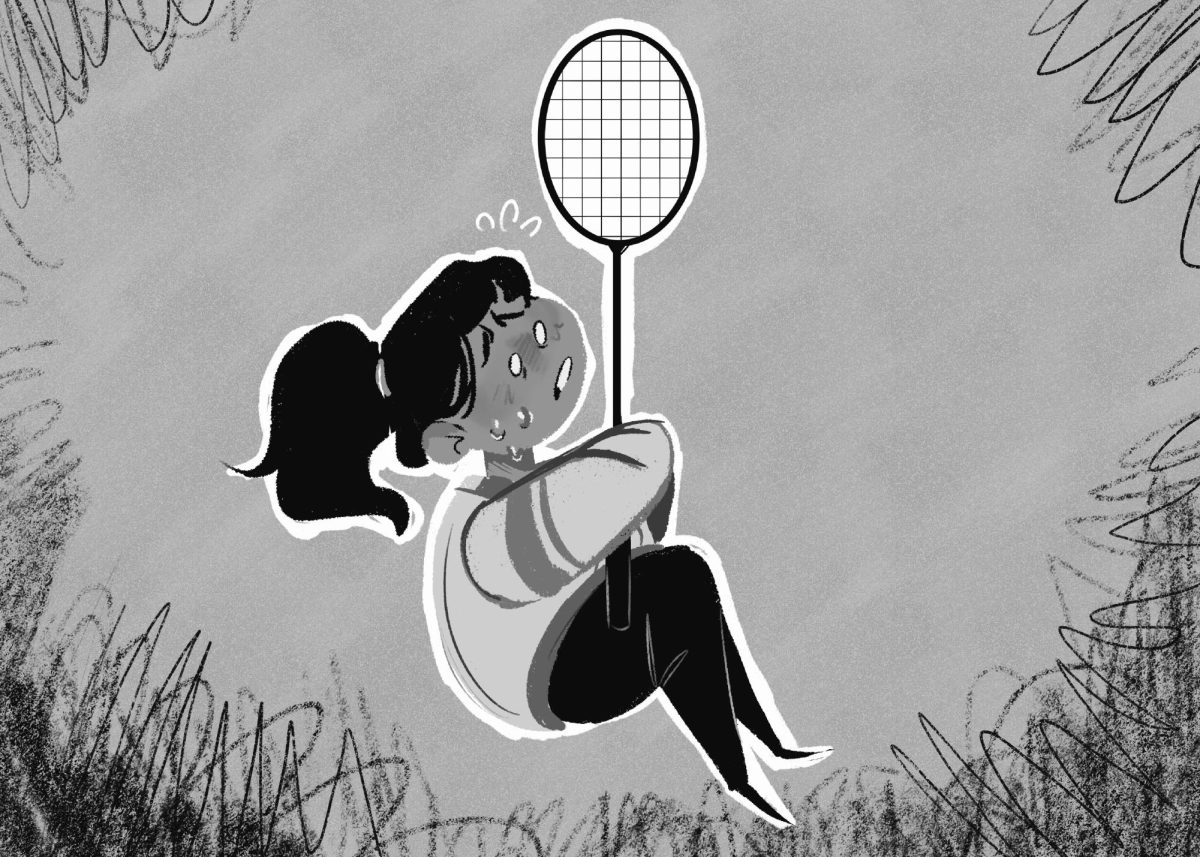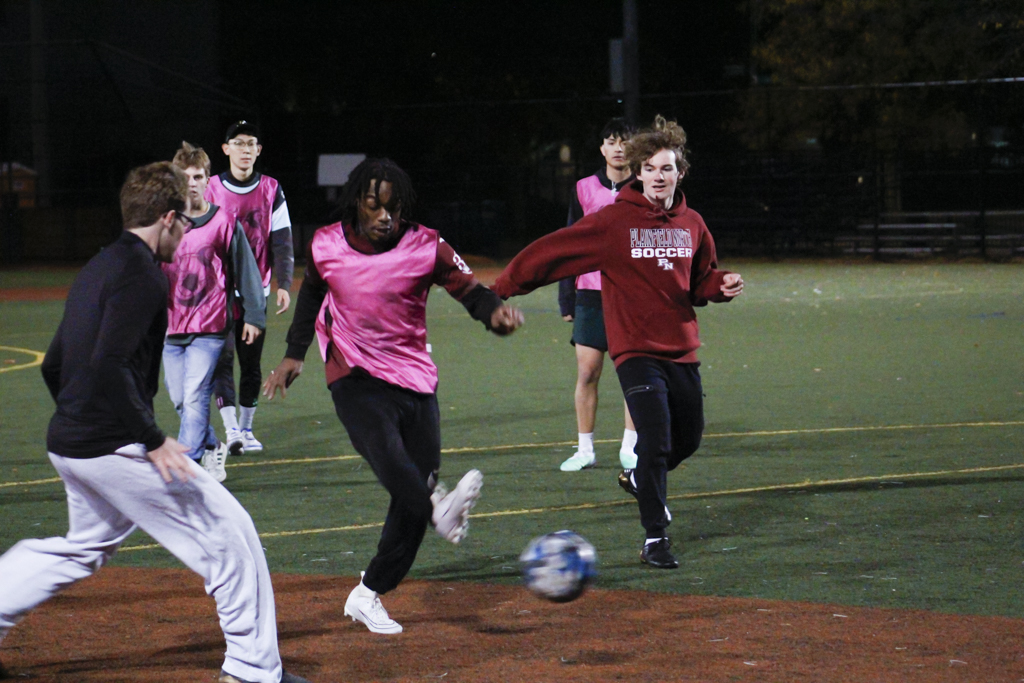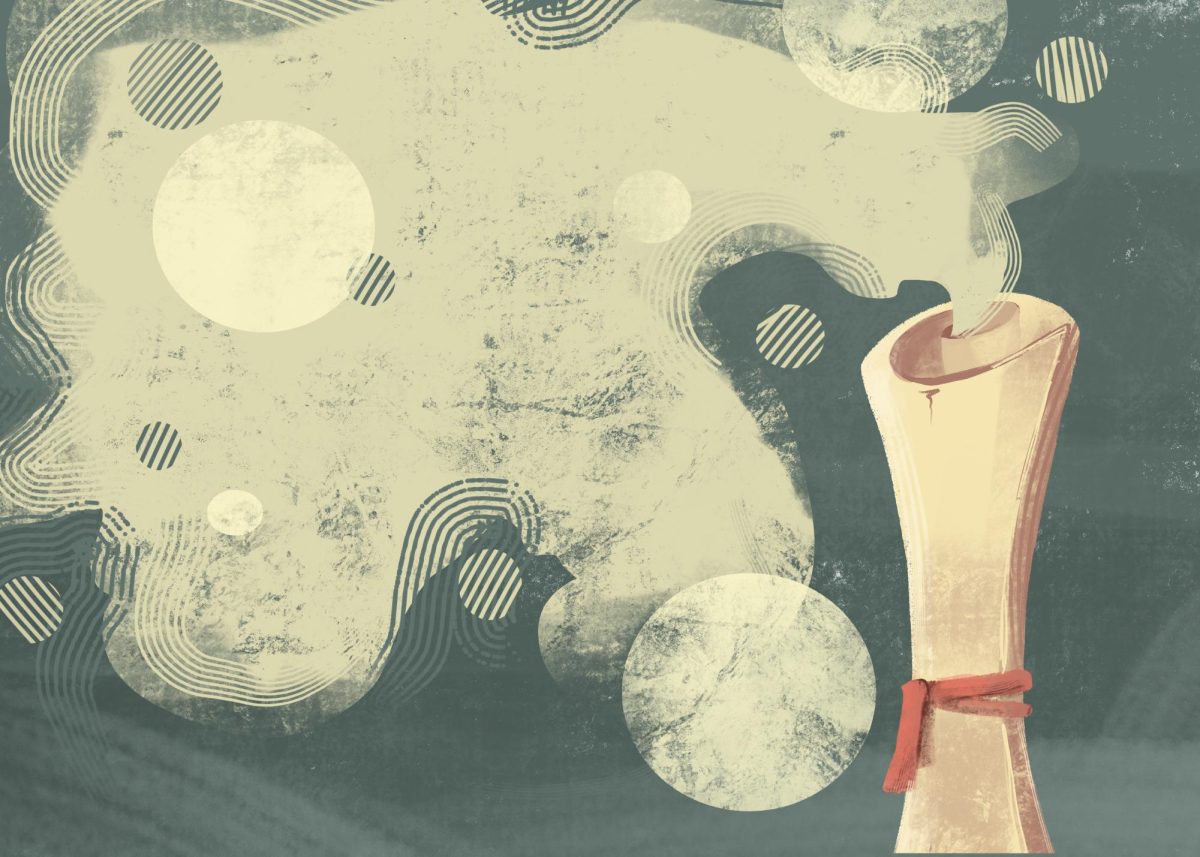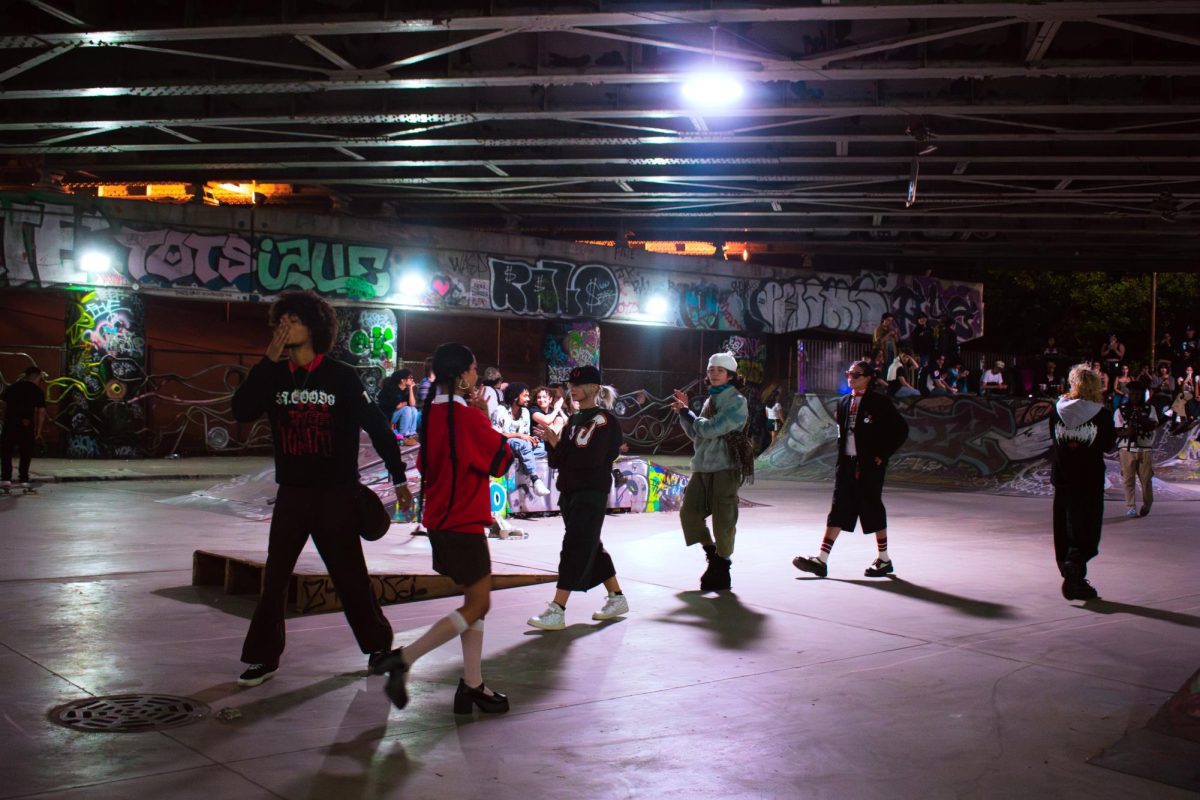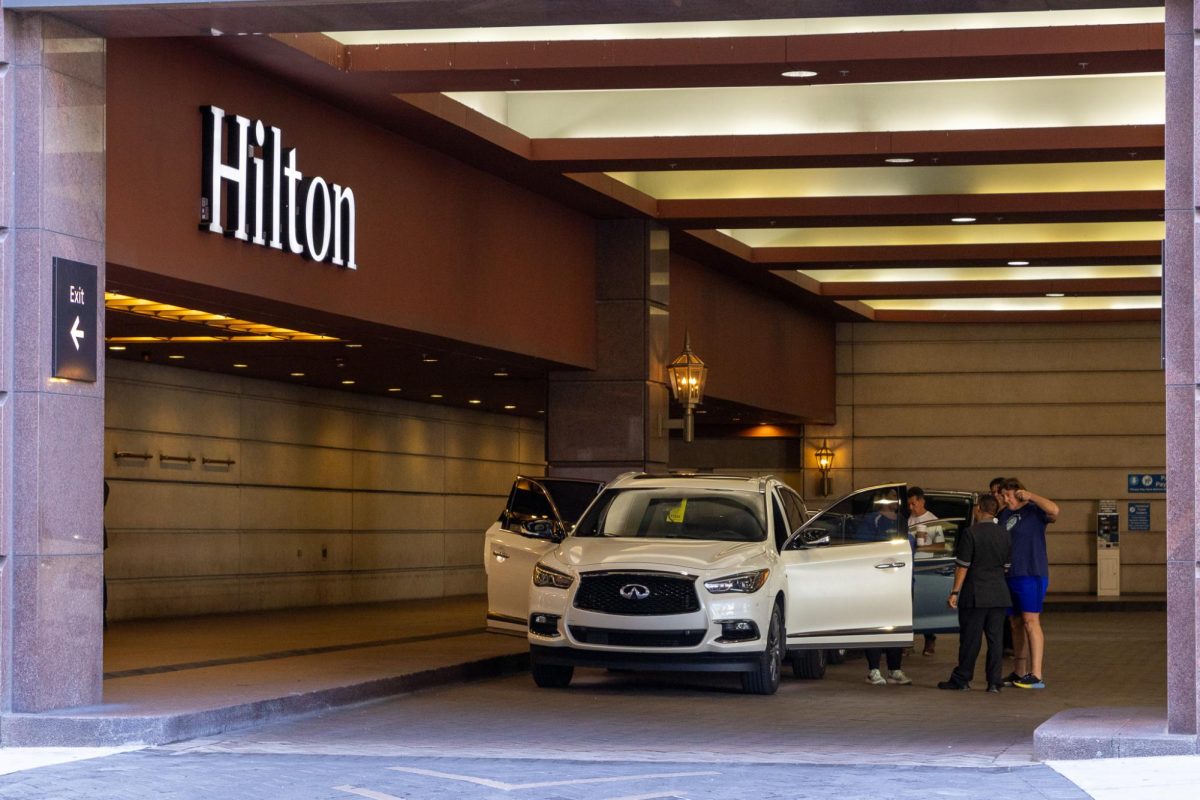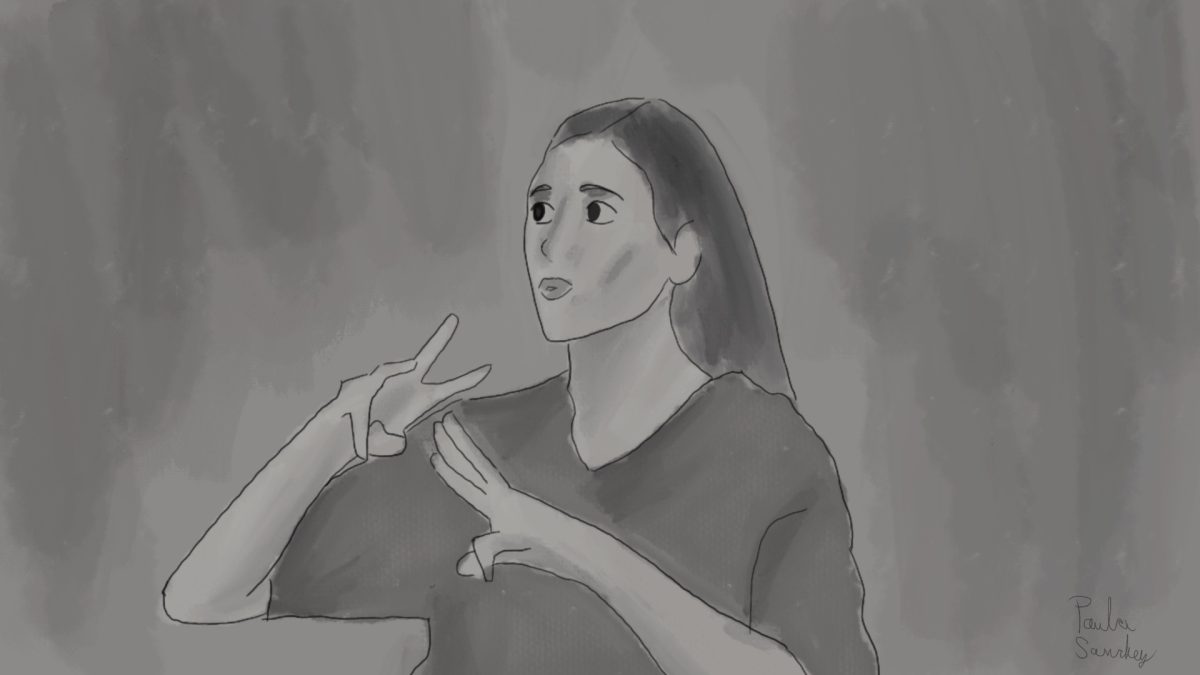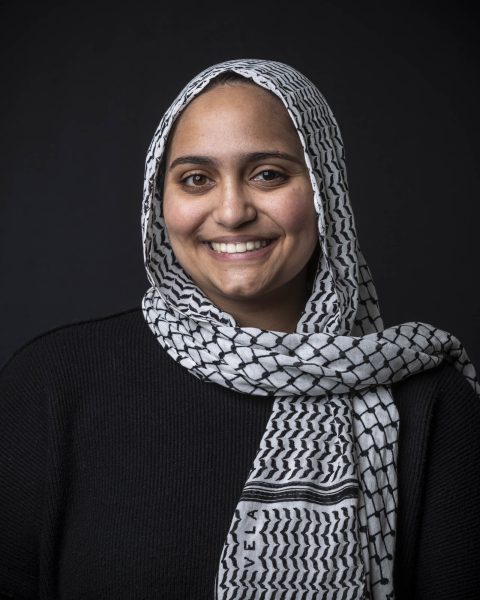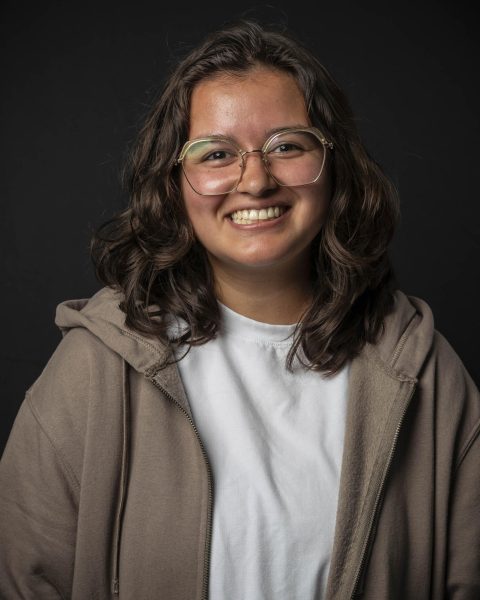Most children of Muslim and Arab immigrants are all told the same thing growing up: “act more American.”
This forced assimilation has made our families safer, according to our elders, but it has ultimately hurt first-generation Americans and their children. Many of us have lost our languages, our culture and our traditions.
In this process of assimilation, many Palestinians in my community gave their children “white” sounding names, enrolled their children in public schools and made an effort to rid their families of the Arabic language to not only establish roots as Americans but also to learn English themselves.
We get asked questions like “Where are you from?” and “What traditions do you practice?” We struggle to respond the correct way, and we can’t name or explain them confidently.
The only question we know the answer to is, “Why did your family move here?”
Many Arabs and Muslims like my Palestinian family immigrated to the U.S. not for opportunity but for survival. For us, the starting point was the Nakba, known as “The Catastrophe,” when Jewish settlers violently displaced Palestinians in 1948. In subsequent years, others fled in fear that the same would happen to them. But it wasn’t just Palestinians.
During the last decade, 36% (184,000) of refugees admitted to the United States were Muslim, according to the Migration Policy Institute. Virtually all refugees from Somalia and Syria were Muslim, as were 81% of refugees from Iraq and 44% from Myanmar.
Yemen has been in a humanitarian crisis perpetrated by countries who identify the same as us. Sudan’s long-lasting civil war has no development or improvement. Now, the second and third generation of Arab-Americans are seeing our Muslim and Arab brothers and sisters back home facing difficulties just for their race, religion and ethnicity. In Palestine, a war going on for almost half a year has been broadcasted to us on every media platform, forcing us to feel helpless while we watch from the comfort of our homes.
This new category of survivor guilt has reinforced in a lot of Arab and Muslim Americans that we are not able to identify wholly with our communities. Many of us do not feel we fit with the identity of “American,” especially when hate crimes against Arabs and Muslims — and Jews — have gone up since October, but we cannot find ourselves relating to and fitting in with Arabs and Muslims from the Middle East either. Our cultures need to be reintroduced to us. Many groups across the U.S. have provided spaces for these young adults to practice culture, heritage and language from the United States, all while connecting Middle Easterners and Muslims around the world.
- American Muslims for Palestine works to advance the movement for justice in Palestine by educating the American public about Palestine and its rich cultural, historical and religious heritage. The group holds multiple fairs, panels and workshops throughout the country, and is mostly organized by Arabs and Muslims around the U.S.. AMP Chicago is the flagship chapter, and organizes many events local to Chicagoland. This specific chapter’s youth programs are reported by AMP as the most effective in the country and the chapter leads in organizing AMP’s largest event of the year, the national conference for Palestine.
- Muslim American Society focuses on the personal development of individuals through an Islamic educational curriculum. MAS promotes active involvement in communities across the U.S. by providing opportunities for community service, interfaith initiatives, youth programs and civic engagement. MAS has expanded its reach into thousands of communities across the United States by cooperating and collaborating with other organizations. MAS Chicago is located in Bridgeview and focuses on community activities and engagement of youth in the Chicagoland area.
- Students for Justice in Palestine is a pro-Palestinian college student activism organization in the United States, Canada and New Zealand. It has campaigned for boycotts and divestment against corporations that deal with Israel and organized events about Israel’s human rights violations. SJP Chicago has the most followers out of every SJP location and organizes nationwide events, charities, programs, conferences and more. There are over 20 chapters in Illinois, and Columbia College Chicago’s chapter was reinstated at the start of the 2023 school year.
Many of these organizations and others with similar missions gear their content to target an audience of high school and college students. Change can only be made if it is instilled in the younger generation, which is what many of us will not hesitate to be part of.
The first step to relearning our roots is to make an effort for them to be taught to us in America. Groups and mosques in America work together to establish a strong connection with Arabs and Muslims across the U.S. to the ones from Middle Eastern and African countries. By acknowledging that we can make a change in how we identify with our cultures and traditions from the States, we can all be one step closer to diminishing the divide between Arab and Muslim Americans and the Arabs and Muslims from their home countries. This relearning is essential to the re-strengthening of our communities around the world.


